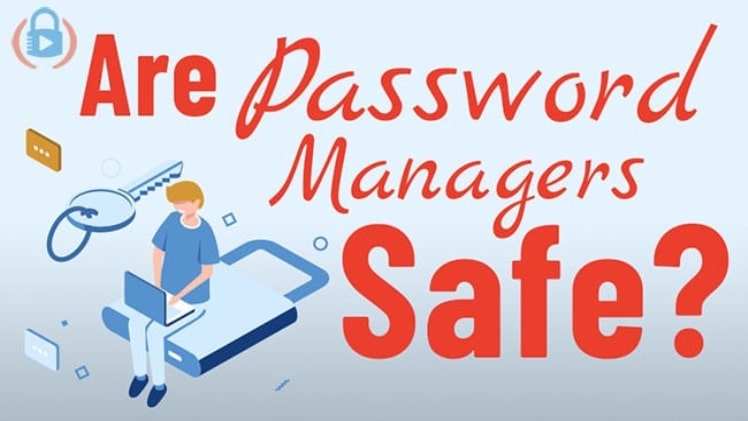A password manager is an app that securely stores your login information for a wide variety of websites and online services, such as Facebook and Twitter. Even if you do not use a password manager, you may still use one to keep track of your usernames and passwords.
Strengthening authentication processes can significantly reduce password sharing. By implementing robust identity verification methods, such as multifactor authentication, service providers can authorize access to their services only to positively authenticated users.
Password managers are available from a variety of sources, including Google and Microsoft as well as a slew of smaller firms. In order to keep your passwords secure, password managers use a variety of security measures.
There are several password managers out there, and this article will help you figure out which one is ideal for your requirements.
Pros:
There are several advantages to using a password manager, despite the fact that they are a relatively recent security invention.
1. Simple to use:
The majority of password managers are user-friendly. Because you don’t have to keep track of so many passwords, they’re a time saver. All of your passwords will be unlocked with a single master password.
2. Secure Passwords:
Using a password manager ensures that each of your online accounts has a separate and secure password. Passwords are often made up of a random 12-character string that may comprise any combination of numbers, letters, symbols, or both.
If you use a password management system that incorporates a password generator, you’ll be able to come up with passwords that you probably don’t even remember. No matter how much information cybercriminals have about you, they can’t figure them out.
Without writing them down or using a password manager, you’re far less likely to recall them afterwards.
3. Strengthened Ciphering:
As a result of its high encryption, password managers act as a powerful deterrent to hackers. There are a number of password managers that employ AES, a kind of encryption that is used by the US government to secure its most sensitive data.
4. Sharing Password:
It is possible to securely share passwords with family members using several password managers, which may be helpful in protecting your family’s data.
Cons:
Password managers for instance psono.com, like many other security measures, might have downsides, depending on the program. Here are a few drawbacks:
1. Relying only on one source of income:
The “elephant in the room” is, of course, the situation when a hacker discovers your master password, which unlocks all of your other passwords. If a hacker was able to install a keystroke-logger application on your computer or other linked device and captured your master password, this may be the case. You might lose access to your password management vault and all of your online accounts as a result.
2. Breaching Password Managers:
In the event that a password manager is hacked, the passwords themselves might be compromised. Password managers, on the other hand, encrypt and store your passwords elsewhere. So, even if a breach happens, they don’t have access to your master password.
3. You Might Forget Your Master Password:
It’s not uncommon for people to forget their master passwords. In most cases, you’ll be unable to access your vault because of a password reset.
There is no way for us to reset any of your passwords for you. For this reason, be careful to record and keep track of your master password.
4. Setup Is Not Easy:
When you first begin using a password manager, you’ll need to remember and input all of your existing usernames and passwords. Your password manager will keep track of all the usernames and passwords you’ve previously input.
5. It might be Expensive:
Most password managers don’t come for free. For the more expensive options, you’re frequently paying for features like as easy-to-use interfaces, breach warnings, priority customer care, automated password changes, cool interfaces, and the ability to sync across several devices.
The Bottom Line:
For those who choose not to pay, there are other free options available. Free plans, for the most part, nevertheless provide enough protection.

